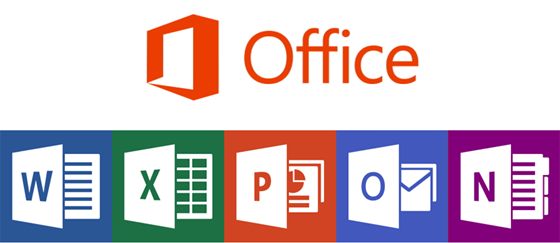
Our tutorials are structured so that anyone wanting to teach a single Office program can simply base a course on the relevant tutorial. Start your journey toward better knowledge of these applications today./en/gcfteacherguides/technology/content/ Microsoft Office How to use this guide: There are plenty of resources available to anyone who is interested in learning more about Microsoft Office and basic computer skills. Typing skills tests are available online, and most are free of charge, so you can hone your keyboarding skills. People who can type at a fairly rapid pace often have a better chance at getting a career that involves office work. Practice your keyboarding skills so that you can be more accurate and efficient when creating your work. Then, take a look through the many features of PowerPoint to discover how you can make an interactive and informative presentation that will wow any executive. Practice in Excel to create simple to very complex spreadsheets and databases with formulas included. You can also include graphics, charts, and photos within the document to give it added visual appeal. Word allows you to type, send, and print professional letters on letterhead, create résumés, write long papers, and produce any number of other types of documents.

If you'd like to practice learning some of these skills, try your hand at Microsoft Word, which is a word-processing program, and see what kinds of letters or papers you can produce. This shows a prospective employer that you have had experience in dealing with these particular products and that you most likely have demonstrable skills that they can use.

Having good computer skills in general makes you an appealing candidate for the employment marketplace, but having skills in Microsoft Office can add even more appeal to your résumé.


 0 kommentar(er)
0 kommentar(er)
